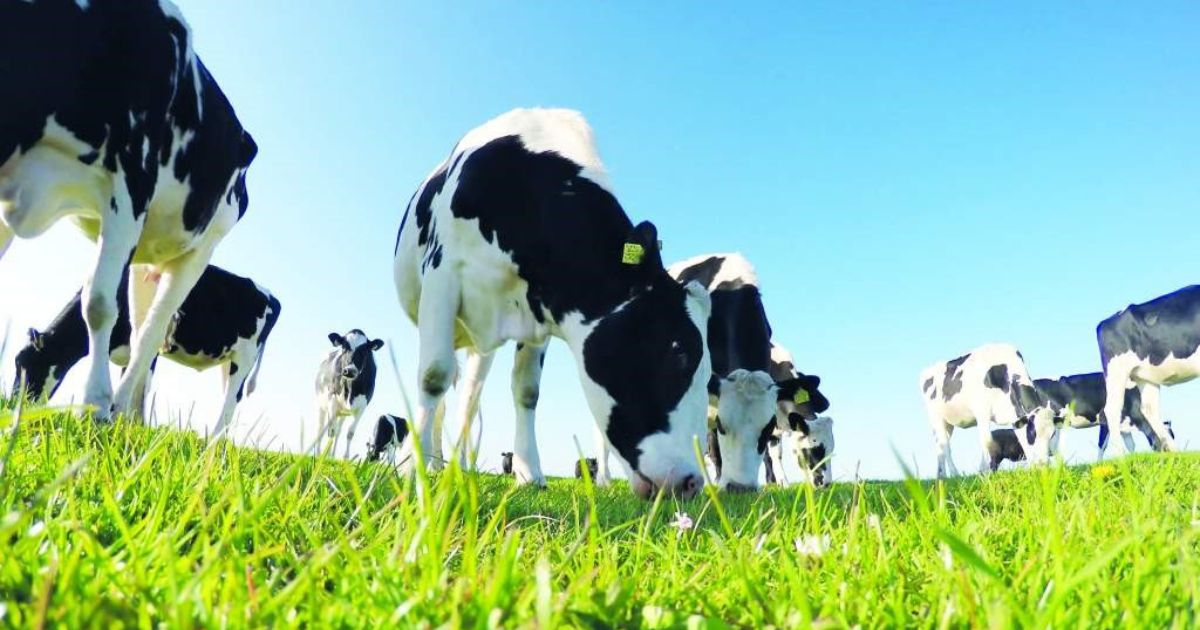
Sustainable Farming Incentive - making it work for your farm
With plans to launch the Sustainable Farming Incentive (SFI) this month we look at the standards, payment rates and points of consideration when looking to apply for the scheme.
What is SFI?
The Agricultural Transition Plan will cover three new environmental schemes. The first, SFI, aims to increase food production and environmental sustainability through improved farmland management. During 2022, SFI aims to improve soil health, animal health and welfare and increase recognition of moorland benefits to the public.
When will it be available?
You will be able to apply for an SFI standards agreement if you’re a farmer who is eligible for the Basic Payments Scheme (BPS), with land in England, from June 2022. The first round will include three standards, with different levels and payments.
What are the payment rates?
Below, we look at the payment rates and activities under the Arable and Horticultural and Improved Grassland soils standards. For details on Moorland standards, please visit the Gov.uk ‘Rural grants and payments’ page.
- Arable and horticultural soils standard
- Introductory level paying £22 per hectare
- Intermediate level paying £40 per hectare
- Improved grassland soils standard
- Introductory level paying £28 per hectare
- Intermediate level paying £58 per hectare
All levels will require a farmer to test soil organic matter, undertake a soil assessment and produce a soil management plan. They will need to ensure at least 70% of the land in the standard has a green cover between 1 December and 28 February, which can include autumn sown crops and weedy stubbles.
Cover crop can be destroyed before 28 February to establish a spring crop, although no more than six weeks prior to establishment. Applicants must also commit to adding organic matter, including sown cover crops, to a third of the land entered each year.
The intermediate standard will require 20% of total land being under a multi-species green cover, established by December 1st. Current payment rates on offer will not cover the seeds costs for this level, so farmers will need to assess whether this additional step to improve soil health and structure is viable.
What are the key differences between this scheme and previous Countryside Stewardship schemes?
The scheme is more flexible than previous government schemes, with no set deadline and a straightforward rolling application process. Land can also be in both a SFI and Countryside Stewardship agreement, provided the measures applied do not overlap. Payments will be made on a quarterly basis to help cashflow, rather than a single lump sum payment.
SFI agreements will only last for three years, rather than the five under current Countryside Stewardship agreements and can be amended every 12 months. There is no minimum or maximum area to be entered into the scheme.
What considerations should be made when applying for the SFI?
As with all grant funding, each business should consider whether the activity is compatible with their business and if it helps future business plans. There will be many farms already meeting most of the requirements of the introductory arable and horticultural soils standard, especially where they are Red Tractor Assured.
With this in mind, the additional cost of Soil Organic Matter testing should be minimal and £22 towards activities you are already undertaking will offset costs already being incurred.
Farmers not currently undertaking the activities in the introductory standards, will need to carefully assess additional costs of introducing the activity against costs recoverable through the scheme.
With payments rates less rewarding than the previous BPS payments, each farm needs to consider if this is the right path.
When looking at applying, the requirement of each standard and the rules around the fund should be read carefully. Don’t be tempted to fundamentally change your business to fit the funding, as this may lead to a successful application for an activity that won’t benefit your farm or your business.
If you would like help with any aspect of the Sustainable Farming Incentive – or any other schemes offered by DEFRA – the team at DR Company can provide assistance with grant funding, business planning and offer advice and support for your business.









